PC market growth stutters again
Weak consumer demand and a cautious enterprise market contract third-quarter growth, according to IDC.
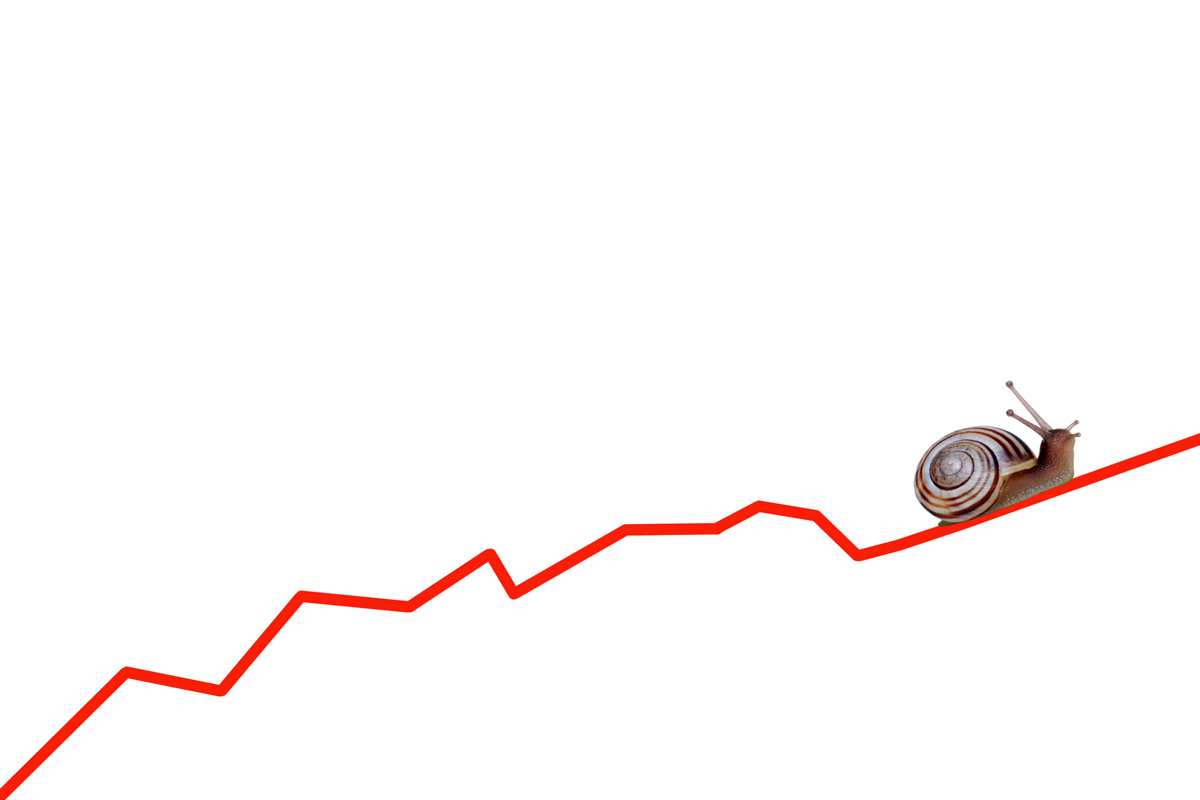

The downward slide of the PC market continues, contracting by 3.8 per cent in the third quarter (Q3) according to IDC.
The analyst figures for PC desktop and laptop shipments in Europe, the Middle East, and Africa (EMEA) released today show growth in the previous quarter driven by demand in emerging markets of Central and Eastern EMEA also slowed alongside mature markets in Western Europe.
Western European PC shipments continued to contract for the fourth consecutive quarter, declining by 10.2 per cent, driven primarily by sustained weakness in consumer demand and cautious enterprise investment, IDC said.
Most channel players remained cautious with taking new orders.
Affected by declining disposable consumer income on the one hand, the weaker shipment volumes also dropped off due to competition from media tablets and smartphones for that income when renewing home computing devices.
"In line with expectations, the Western European consumer PC market declined 20.6 per cent in Q3'11 from a sell-in standpoint, as most channel players remained cautious with taking new orders," said Eszter Morvay, IDC EMEA personal computing research manager.
She added though that sell-out continued to improve moderately, indicating a sustained focus on inventory depletion across several countries, helped by the fact that the Western European commercial segment fared better in Q3, with an increase of 3.7 per cent.
Get the ITPro daily newsletter
Sign up today and you will receive a free copy of our Future Focus 2025 report - the leading guidance on AI, cybersecurity and other IT challenges as per 700+ senior executives
The analyst attributed the modest commercial growth to enterprise PC renewals, which has also pushed demand in the segment for the past six quarters. Projects already in plan, spending before any budget freezes and the traditional annual refresh window in education drove demand.
But the figures also revealed slowing demand in the small-to-midsized business (SMB) sector due to slowing revenue streams and limited access to credit, while the public sector is being affected by significant budget cuts.
Losses have been felt most keenly in the southern European region, with Spain and Italy contracting 37 and 31 per cent respectively. The UK suffered a 10.9 per cent drop, reflecting both weak consumer demand for PCs but also sustained caution in business IT investments.
From a vendor perspective, HP maintained its lead and further consolidated its EMEA market share despite, as the analyst pointed out, the recent turmoil around the future of HP PSG. Acer retained its second position, despite significant year-on-year losses of 42 per cent. And ASUS moved to third place.
Dell slipped to fourth place in the overall EMEA ranking, with negative growth of 2.1 per cent. This also saw its market share contract for fourth consecutive quarter due to a sharp drop in consumer sales. Dell still held its own in the commercial segment, despite enterprise and SMB competition from HP and Lenovo.
Lenovo maintained fifth place, with 31.8 per cent growth compared to the same quarter of last year, while the rest of the market claimed a 38.9 per cent share overall.
Of these other top-ten vendors, IDC highlighted a return to positive growth for Toshiba, as well as continued progress by Samsung, Apple, Sony and, in particular, Fujitsu.
A 25-year veteran enterprise technology expert, Miya Knights applies her deep understanding of technology gained through her journalism career to both her role as a consultant and as director at Retail Technology Magazine, which she helped shape over the past 17 years. Miya was educated at Oxford University, earning a master’s degree in English.
Her role as a journalist has seen her write for many of the leading technology publishers in the UK such as ITPro, TechWeekEurope, CIO UK, Computer Weekly, and also a number of national newspapers including The Times, Independent, and Financial Times.
-
 Cleo attack victim list grows as Hertz confirms customer data stolen
Cleo attack victim list grows as Hertz confirms customer data stolenNews Hertz has confirmed it suffered a data breach as a result of the Cleo zero-day vulnerability in late 2024, with the car rental giant warning that customer data was stolen.
By Ross Kelly
-
 Lateral moves in tech: Why leaders should support employee mobility
Lateral moves in tech: Why leaders should support employee mobilityIn-depth Encouraging staff to switch roles can have long-term benefits for skills in the tech sector
By Keri Allan
-
 Global PC sales could face a major hurdle in 2025
Global PC sales could face a major hurdle in 2025News Global PC and tablet sales could face a major hurdle in 2025, according to new research from IDC.
By Emma Woollacott
-
 Work and innovate everywhere
Work and innovate everywherewhitepaper Protection across AI attack vectors
By ITPro
-
 Dell, HP post underwhelming returns as PC market remains in a state of flux
Dell, HP post underwhelming returns as PC market remains in a state of fluxNews Original equipment manufacturers (OEMs) are contending with an impending Windows 10 EOL and a burgeoning AI PC market
By George Fitzmaurice
-
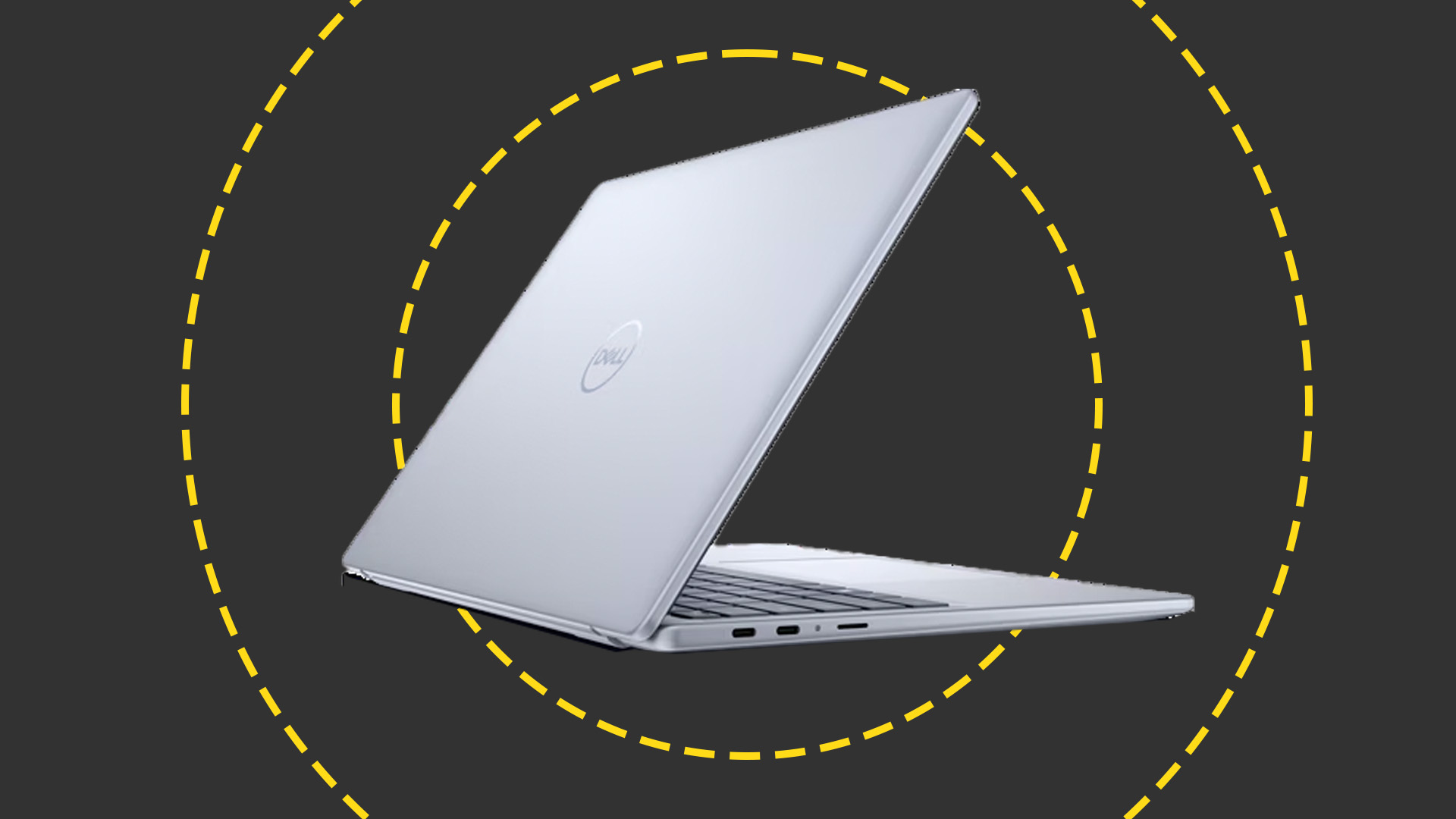 Dell Inspiron 14 Plus (7441) review: The cheapest Snapdragon laptop yet
Dell Inspiron 14 Plus (7441) review: The cheapest Snapdragon laptop yetReviews A no-frills compact laptop that delivers good performance and solid battery life
By Alun Taylor
-
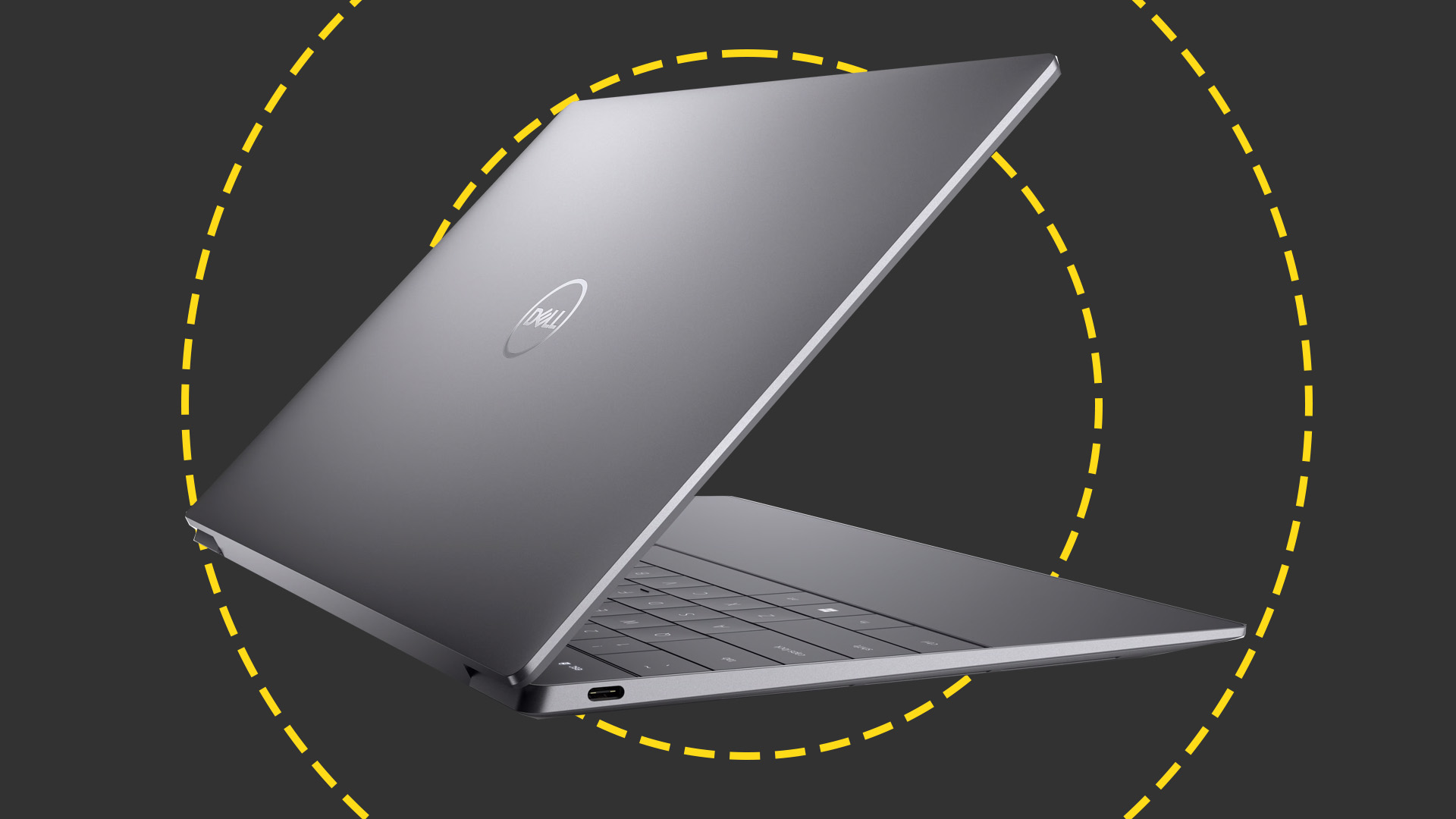 Dell XPS 13 9340 review: Compact, stylish, and frustratingly flawed
Dell XPS 13 9340 review: Compact, stylish, and frustratingly flawedReviews Redesigned XPS 13 has lots of potential but finds itself hamstrung by iffy design decisions and Intel's underachieving Meteor Lake
By Sasha Muller
-
 Help skilled workers succeed with Dell Latitude 7030 and 7230 Rugged Extreme tablets
Help skilled workers succeed with Dell Latitude 7030 and 7230 Rugged Extreme tabletswhitepaper Help skilled workers succeed with Dell Latitude 7030 and 7230 Rugged Extreme tablets
By ITPro
-
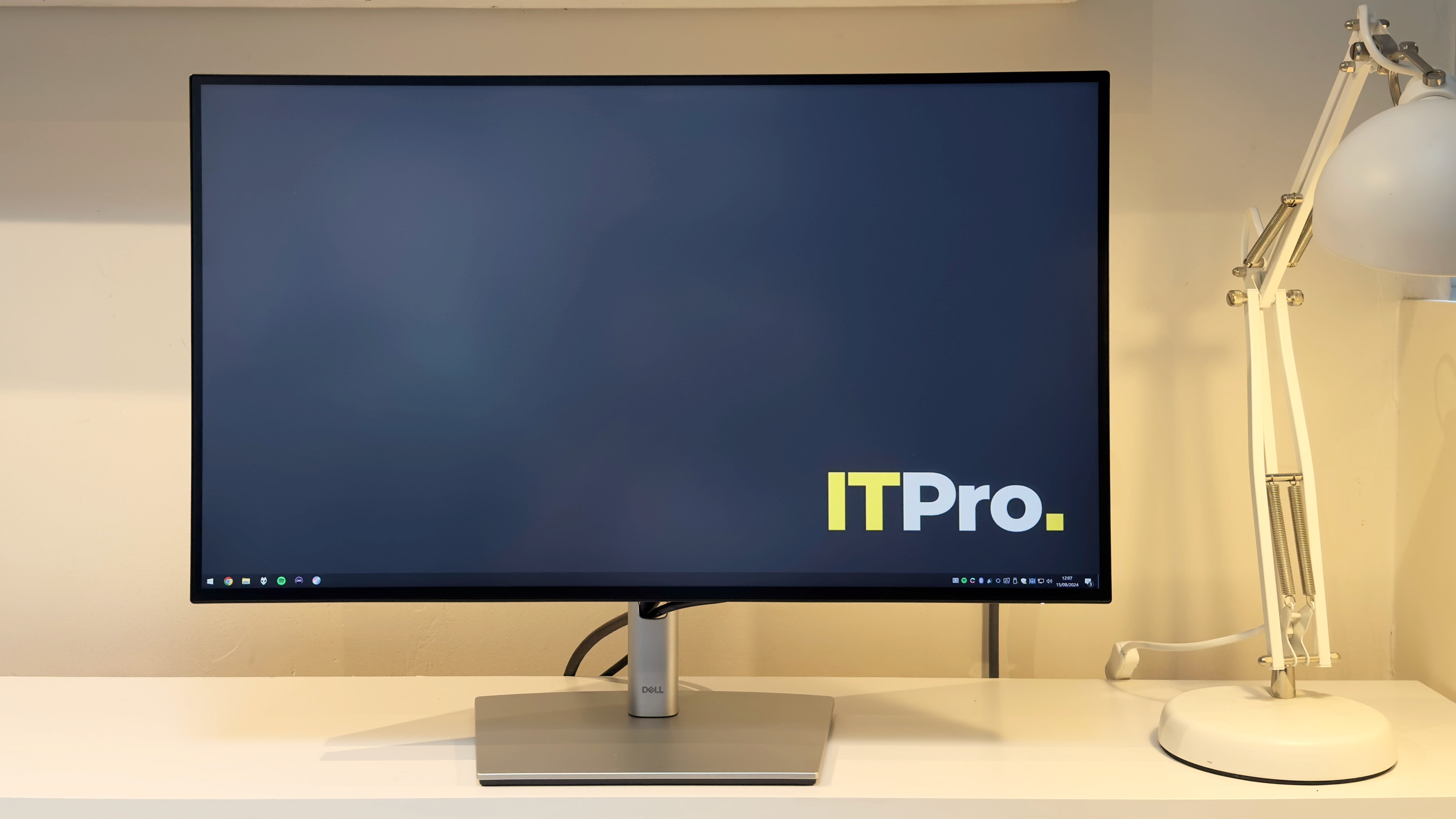
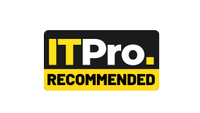 Dell UltraSharp U2723QE monitor review: Feature-packed and 4K – but not quite perfect
Dell UltraSharp U2723QE monitor review: Feature-packed and 4K – but not quite perfectReviews Anyone needing respectable HDR performance or gaming-friendly features such as adaptive sync or high refresh rates should be looking elsewhere, the Dell U2723QE is just not that kind of monitor
By Sasha Muller
-
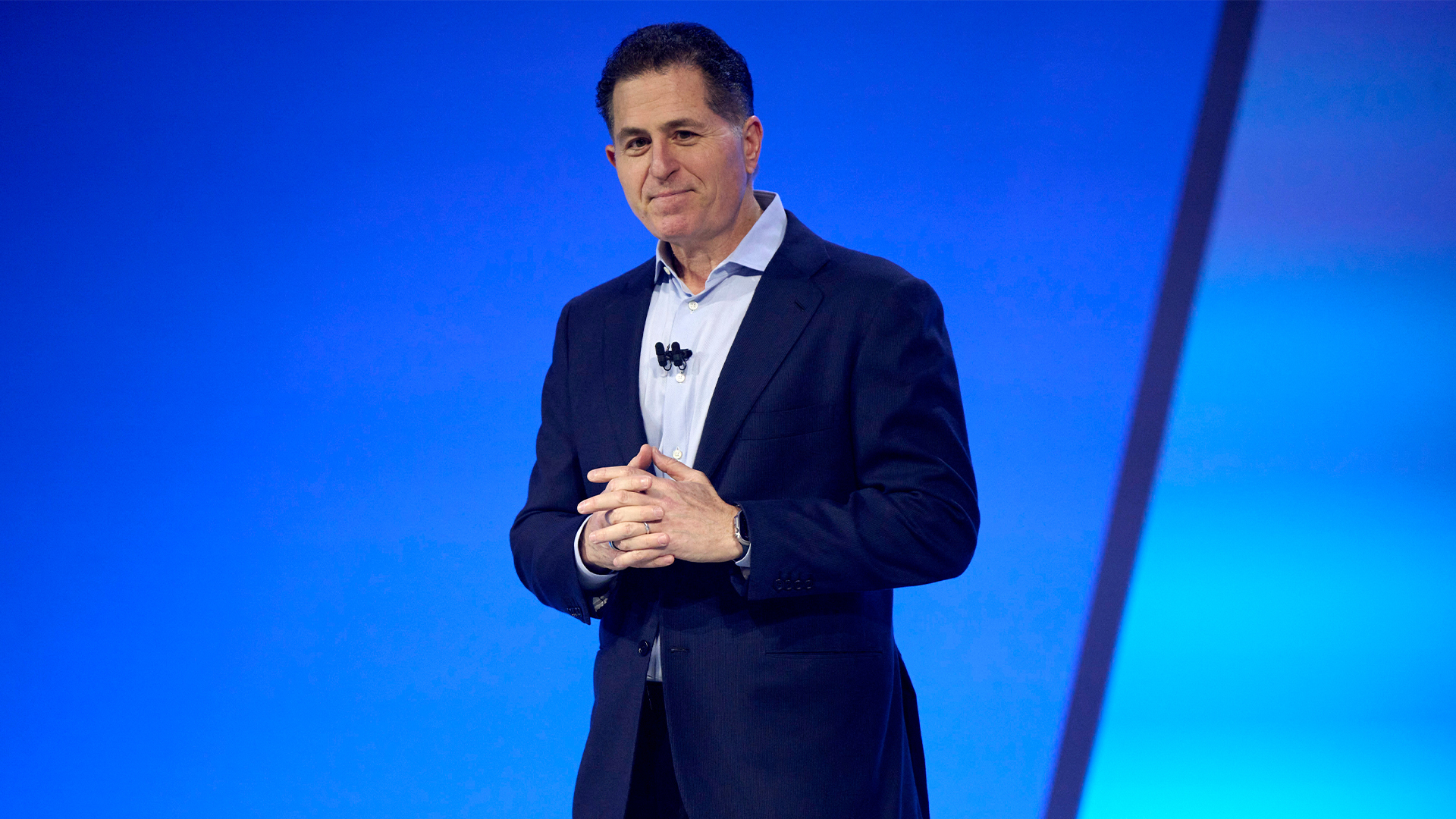 AI is paying dividends for Dell Technologies – booming server sales and rapid networking growth have taken the edge off a rocky period
AI is paying dividends for Dell Technologies – booming server sales and rapid networking growth have taken the edge off a rocky periodNews Despite a troubling period for Dell Technologies, the outlook remains positive amid surging enterprise demand for AI solutions
By Nicole Kobie